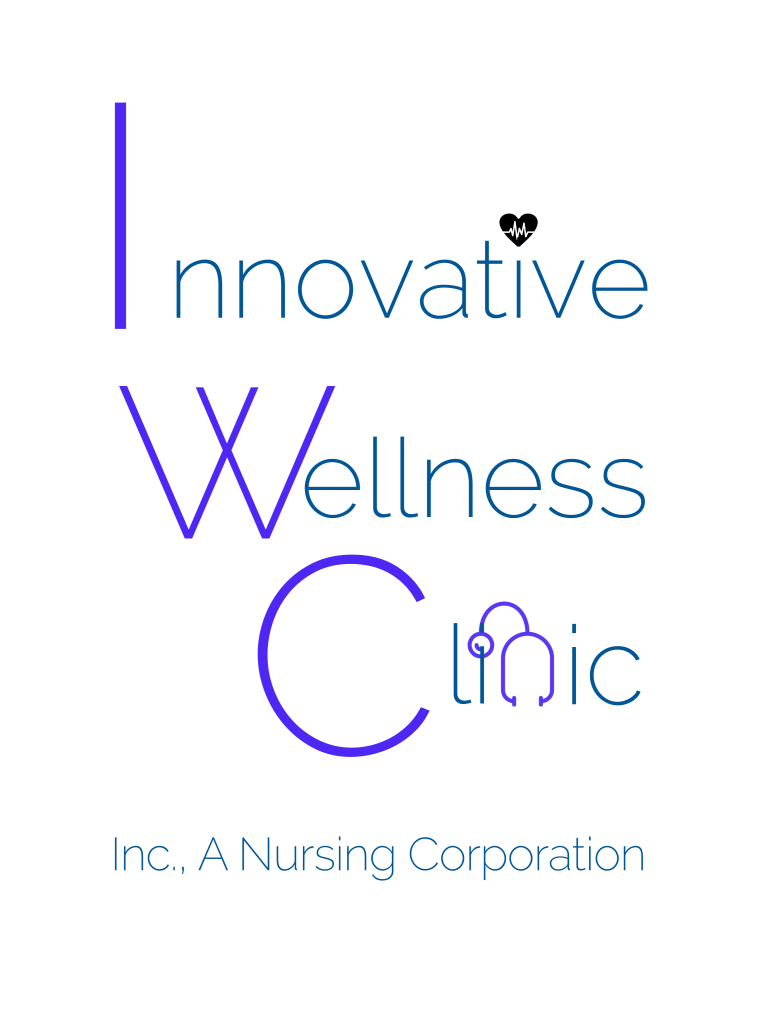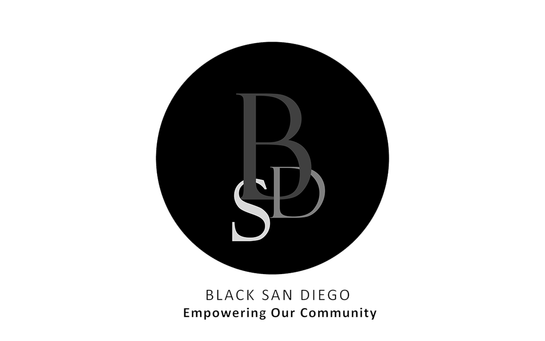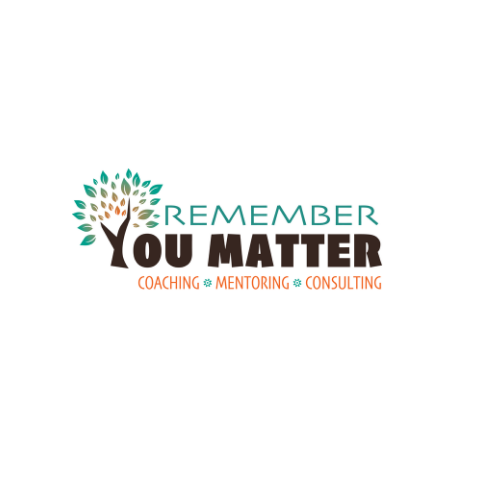
With another round of government-sponsored pandemic-linked small business financing finished, I started thinking about small business loans in general. Specifically, under what conditions would you, or should you, apply for a loan? And what are the options?
Jeez. I should have just researched rocket science…in Greek. There’s a lot to consider.
Why should I get a small business loan?
Jared Hecht, co-founder and CEO of Fundera, a website that compares various business loans like Trivago.com compares hotel prices, wrote about 6 reasons people get a business loan. In fact, he called them smart reasons to get a business loan. They are:
- Expanding your physical location,
- Building credit for the future,
- Needing equipment for your business,
- Wanting to purchase more inventory,
- Finding a business opportunity that outweighs the potential debt, and
- Needing fresh talent.
In her 2019 article titled, “Why You Should Take Out a Business Loan”, Monica Gray added another reason—if you have a seasonal business that makes enough money in the busy season to repay a loan that gets you through the slow season. Was that confusing?
In making the decision to borrow, you need to make sure that the additional cash will result in you generating enough revenue to pay back the loan and still make a profit. I get that. Make sure you’re getting money to make more money.
When should I NOT get a small business loan?
So, when should you not take out a business loan? Lilah Olsher wrote a blog article with that same name for OneBox Funding. She advises that, basically if you can’t pull together this information—
- 12 months of bank statements that show you have steady cash flow throughout your past year of business (even if it goes up and down seasonally),
- a decent credit score that shows you are on top of your payments, and
- your most recent tax return showing that all your taxes are in order,
—this may not be the time for a loan. But even if your credit is a little sketchy, there are “bad credit” loans available. The terms are stricter, and the interest is higher. That means it will probably cost you more to pay back the money.
Wait. Even if your credit score’s great, your taxes are in order, and your bank statements look healthy, there’s another potential red flag. It’s called your income-to-debt-ratio. That’s the relationship between how much you make and how much you owe. This means that your annual earnings need to be greater than the amount of debt you’re obligated to repay in the year.
Now it’s not unusual for a business to have debt. But if you’re struggling to repay that debt and remain profitable, it’s probably not a good idea to take on even more. Instead, Olsher recommends you look at reducing your expenses or consider strategies for lowering your current debt obligation.
What are my options?
In researching the options available for small business loans, possibly the most informative article of all was one I discovered at U.S. News and World Report, written by Jessica Merritt and updated in April 2021.
It provides information about loan programs from both direct lenders and the federal Small Business Administration, such as:
- the Paycheck Protection Program and other Small Business Administration loans,
- real estate loans,
- working capital loans, and
- other financial support.
The article also explains how small business loans work; how you can find the best business loan to start, expand, or maintain your small business; which loans are available; who can apply; and how to choose the best small business loan for you.
Final thoughts
But with a decision as big and important as this one, you may want to consider getting advice from a financial services professional. A decision like this shouldn’t be made in isolation. You should consider how you’re managing your finances overall and whether you’re making the most of what you’ve got right now.
That’s why I’m really looking forward to CSD Marketing and Consulting offering “Positive Changes for Good Money Management: A 10-day Focus for Success” in partnership with Corsair Financial Services. For 10 consecutive days, subscribers will receive 10 newsletters with helpful, practical financial information about savings, debt management, taxes, and other ways in which we can manage our money now, while preparing for the future. You’ll also have the opportunity to co-create a financial plan to begin the journey towards wealth creation and better money management.
So, as we prepare to make a comeback from these historically, unprecedented times, I encourage you to equip yourself with information and knowledge. Sign up for the 10-day focus today and get started by learning how you can better manage the money you have and use all the resources available to you—strategically.























